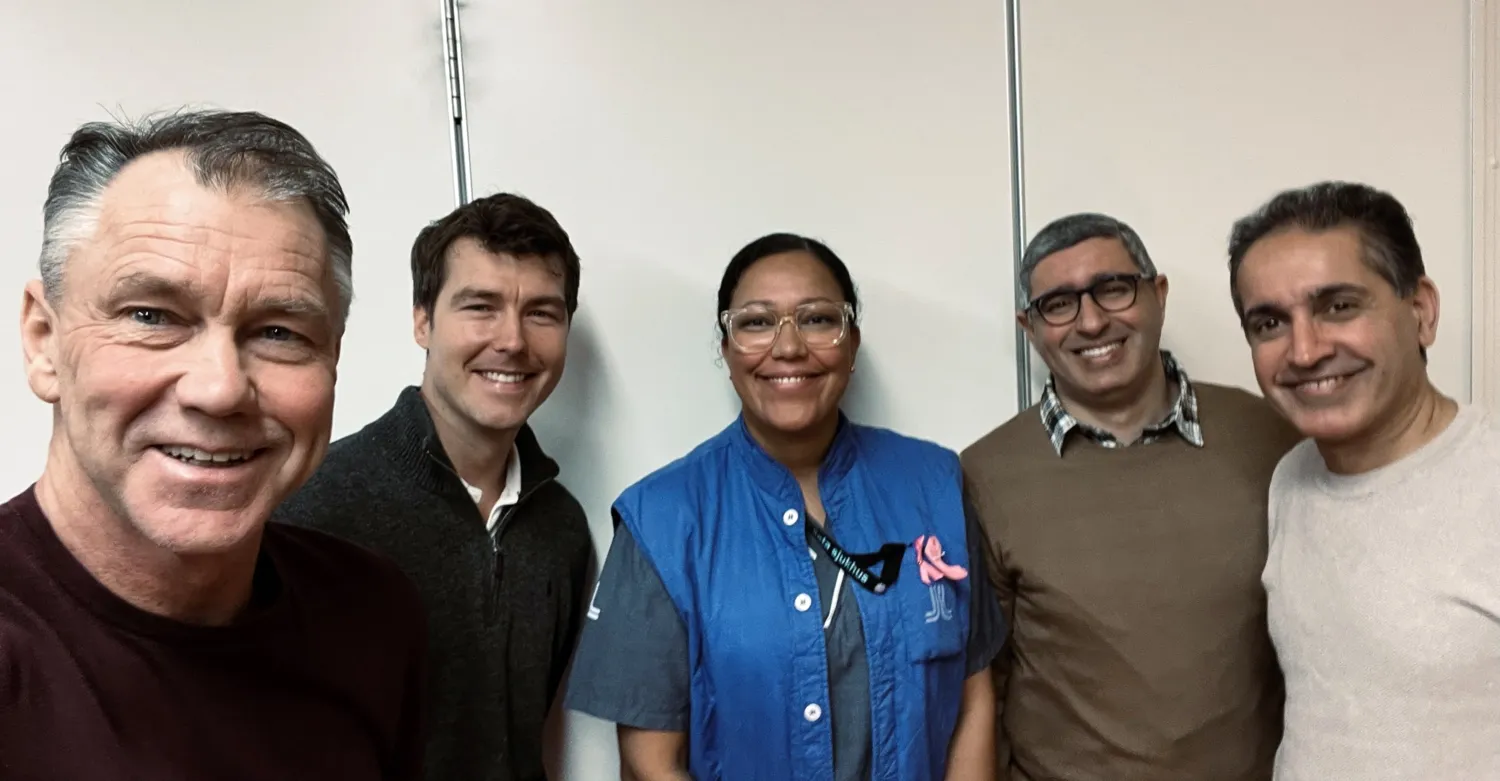Our research
Precision Medicine means individualisation of drug treatment, especially with regards to individual drug target expression and the corresponding choice of treatment. For many decades, the corresponding clinical pharmacology message has been to use the right drug, for the right patient at the right dose. Finding the right dose for individual patients requires an understanding of drug disposition and the relationship between drug exposure levels to efficacy and toxicity. Here, our discipline aims to gain better insight and provide the scientific evidence for improved patient care.
In this team, there are three main lines of research:
The first relates to life-threatening infections and the optimal dose regimen of critical antibiotics for individual patients, and how to best monitor this. The research builds on a multidisciplinary collaboration with expert colleagues in critical care, infectious medicine, microbiology, and pharmacokinetic-pharmacodynamic (PKPD) modelling.
The second line of work concerns individual factors, including genetics, that impact on drug treatment against breast cancer, and how dose requirements of commonly used drugs will differ between patients to optimise the difficult balance between tolerability and effective treatment. Again, the work relies on a long-standing collaboration with oncologists, epidemiologists, and lab-analytical expertise.
The third research collaboration has started more recently and focus on the pharmacokinetics, efficacy and safety of specific drugs or drug candidates that interact with incorrectly folded proteins, and thereby prevents protein aggregation/precipitation to disturb cellular function. Present PK applications are cystic fibrosis and Alzheimer’s disease.
Senior collaborators (professors/associate professors) include: Jenny Bergqvist, Ola Blennow, Kamila Czene, Marike Gabrielson, Christian Giske, Per Hall, Janne Johansson, Volker Lauschke, Jonatan Lindh, Sara Margolin, Johan Petersson, Terezia Pincikova, Staffan Rosenborg, Katarina Westling, Bengt Winblad (Stockholm), and Elisabet Nielsen, Mia Wadelius (Uppsala), Henrik Green (Linköping), Espen Molden (Oslo).

